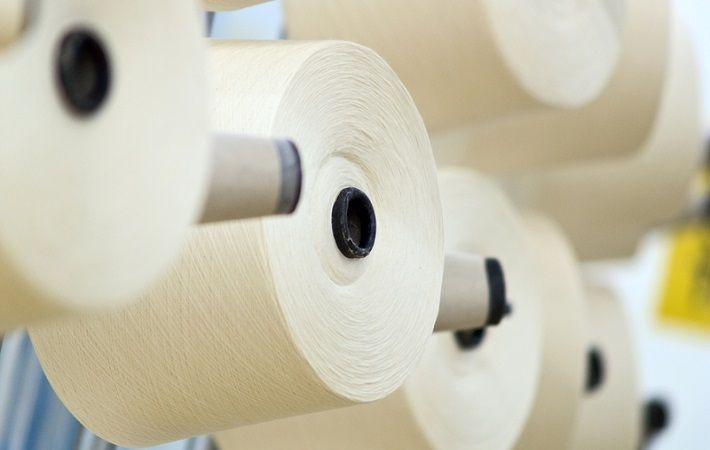
When discovery of the Omicron variant was announced by the South African scientists in the last week of November, the initial panic dampened the demand for cotton and market sentiments in general. There was a sense of worry that the new variant would hamper global economic recovery and can lower the demand in the textile sector.
As a result of this probable lower demand for cotton, New York cotton witnessed a sharp fall. ICE March Cotton settled at US cent 106.72 a pound Wednesday night, compared to price of above US cent 122 before the Omicron variant.
In India, prices of the benchmark Shankar-6 cotton variety declined to ₹65,000-65,600 per candy of 356 kg. In the north Indian state of Punjab, the price of J-34 (RG 37-28.5 mm) cotton was quoted at ₹61,700-61,950 per candy on Thursday, according to Fibre2Fashion’s market analysis tool TexPro. In Haryana, cotton of the same variety was sold at a lower price of ₹60,446-60,732 per candy, according to a source.
Cotton yarn prices in India were under pressure due to declining trend in cotton prices in the international and domestic markets. Suresh Gupta, a Delhi-based trader and patron of Delhi Cotton Yarn Merchants Association said, “During last 15 days, cotton yarn prices have fallen by about 5-10 per cent in Delhi market. Cotton yarn of 30 count (combed) is being sold at ₹325-345 per kg, and 40 count combed yarn at ₹360-380 per kg in Delhi market. Cotton yarn of 30 count (carded) was quoted at ₹295-315 per kg, and 40 count carded yarn at ₹330-350 per kg.
In Ludhiana, a knitwear hub in north India, 20 count combed yarn is being sold at ₹320-330 per kg, 25 count combed yarn at ₹325-335 per kg, 30 count combed yarn at ₹330-340 per kg, and 30 count carded yarn is being sold at ₹290-300 per kg. Ludhiana-based trader Surinder Kumar Jain says that for the last two weeks, there has been a downward trend in the price of cotton yarn. On Wednesday itself, the prices softened by ₹2-3 per kg. Traders say that the demand for cotton yarn has improved due to the fall in the price of cotton, and these days the demand is stronger in most of the markets of North India.
Fibre2Fashion News Desk (KUL)